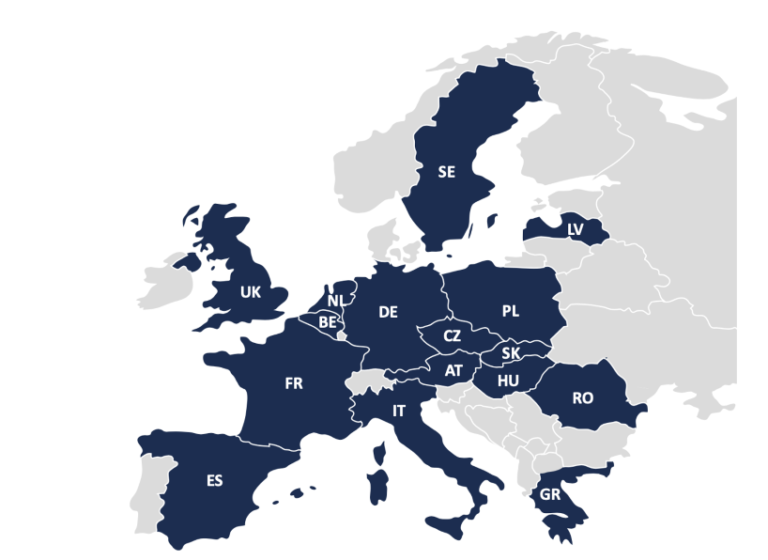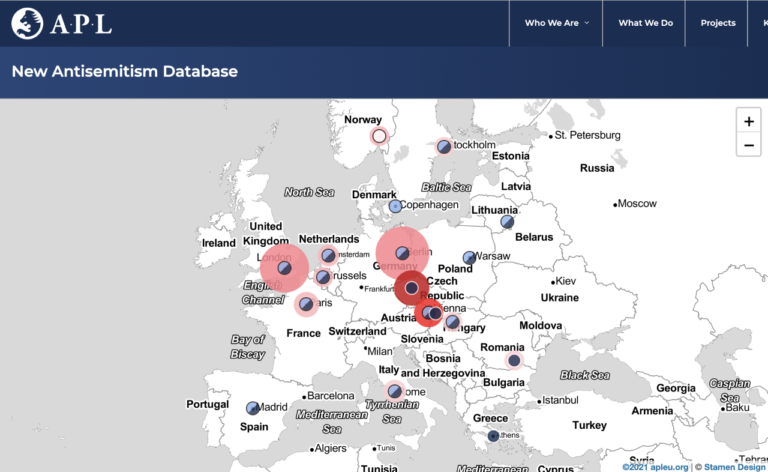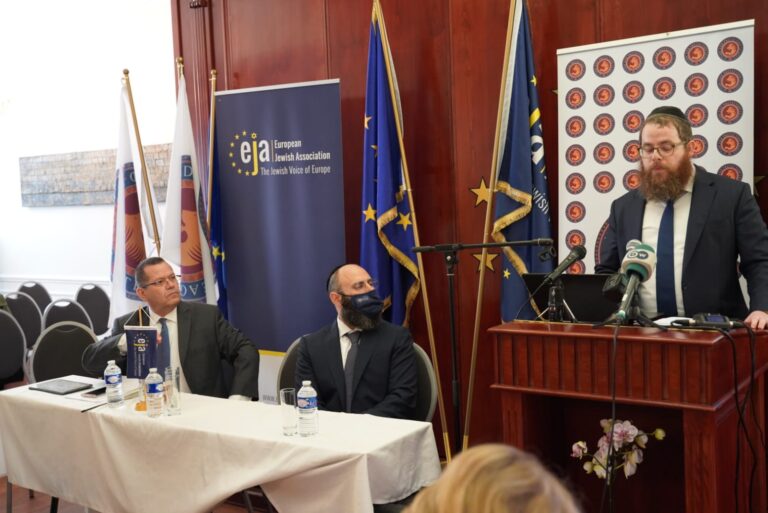Jewish representatives in Brussels claim that many Jewish people leave Europe for not feeling safe because antisemitism is still a common phenomenon.
New research conducted by the Action and Protection League and presented by the European Jewish Association (EJA), an alliance of Jewish communities and organisations, shows that antisemitism is not only deep-rooted but also increasing in Europe, some 80 years after the Holocaust. Antisemitic prejudices include global cabal conspiracy theories, blaming Jews for Christ’s crucifixion, and allegations about „dubious business practices.”
Nevertheless, an interesting finding of the study is that there is not necessarily a correlation between the intensity of the antisemitic sentiment of a country and aggressive antisemitic incidents. Rabbi Slomo Koves, the founder of the Action and Protection League, points out that his country, Hungary, is a great example: although there was a rise in antisemitism with the far-right and right-wing populist parties gaining power between 2006-2013, with the awareness-raising education programs of the APL launched in 2012, the climate for Jews living in Hungary improved significantly in the past seven years, even though, according to the survey, Hungary is one of the most antisemitic countries.
Last week, the European Commission presented its first strategic plan to fight antisemitism in Europe. According to the Commission’s data, nine out of ten Jews see antisemitism as a serious problem in Europe. Nevertheless, this is just the first step. In many Member States, antisemitic assaults are not even recorded. There is much to be done, and Rabbi Slomo calls on the other Member States to action, highlighting the necessity of education and outreach programs.
Original article: DW








